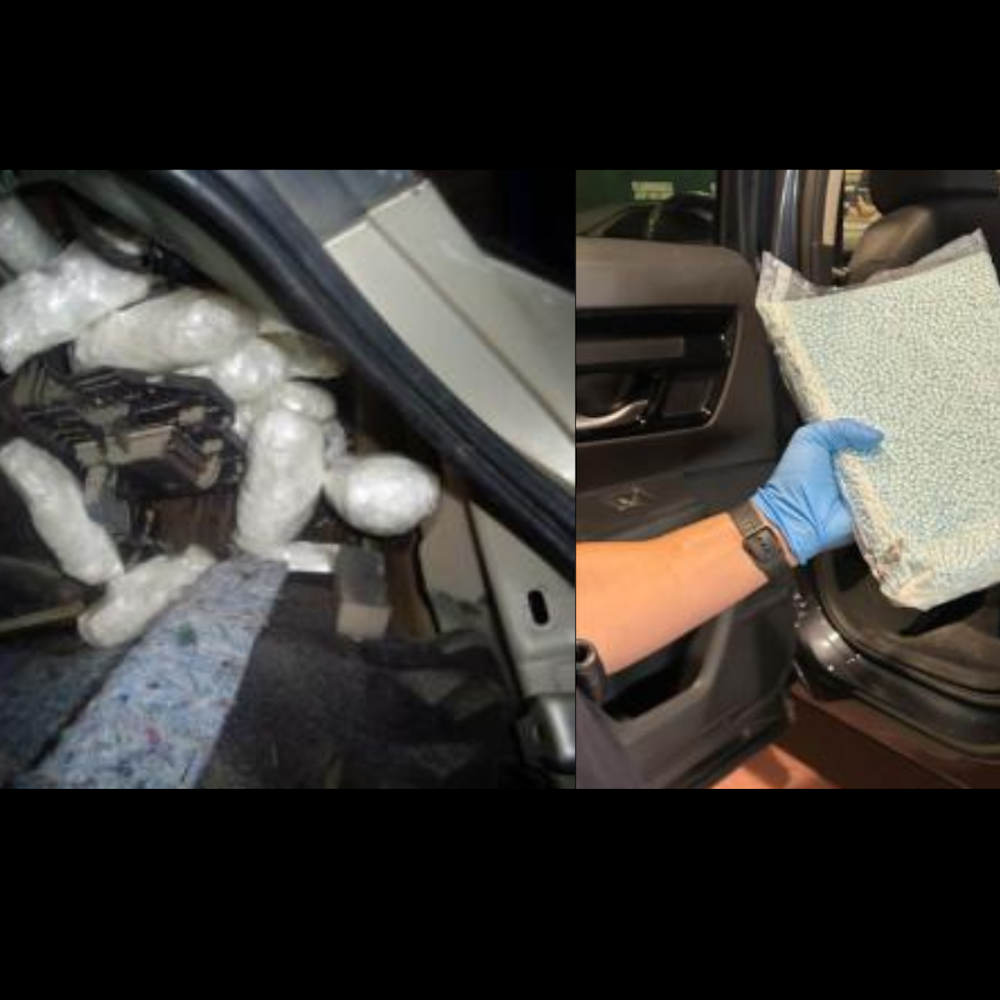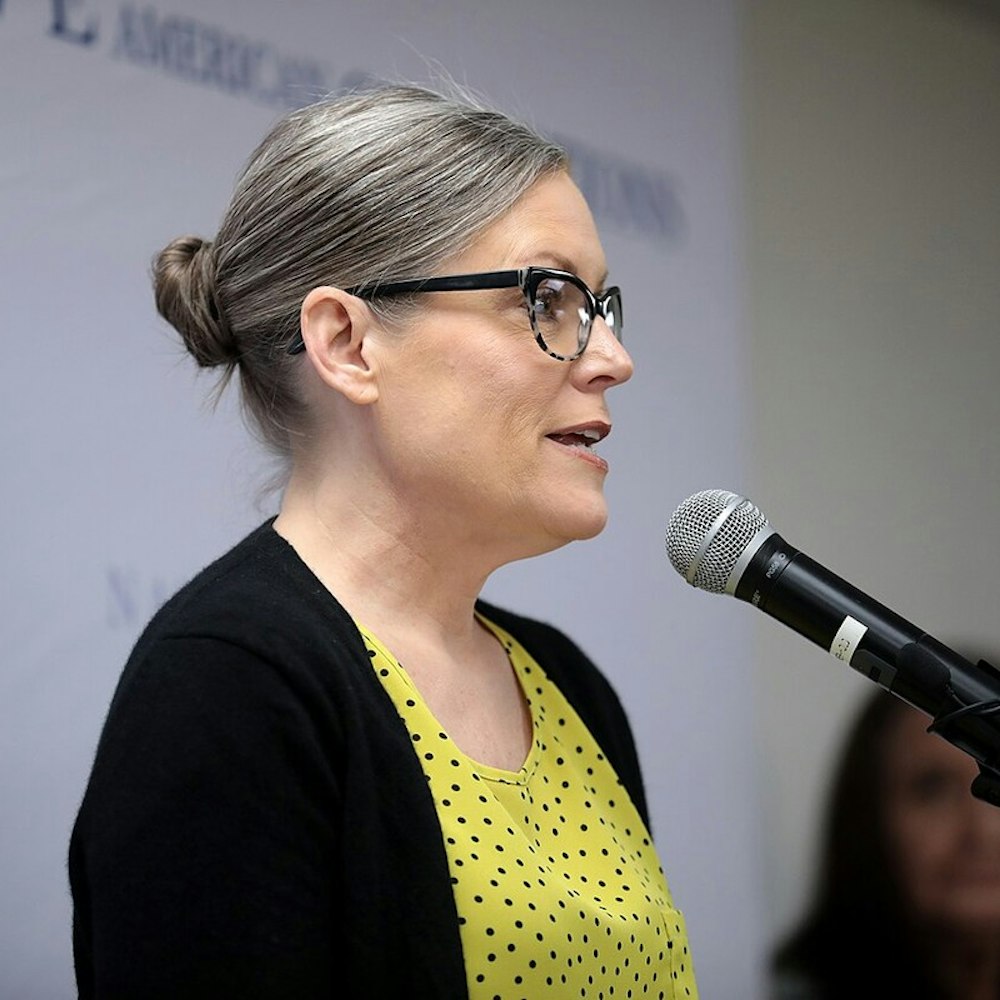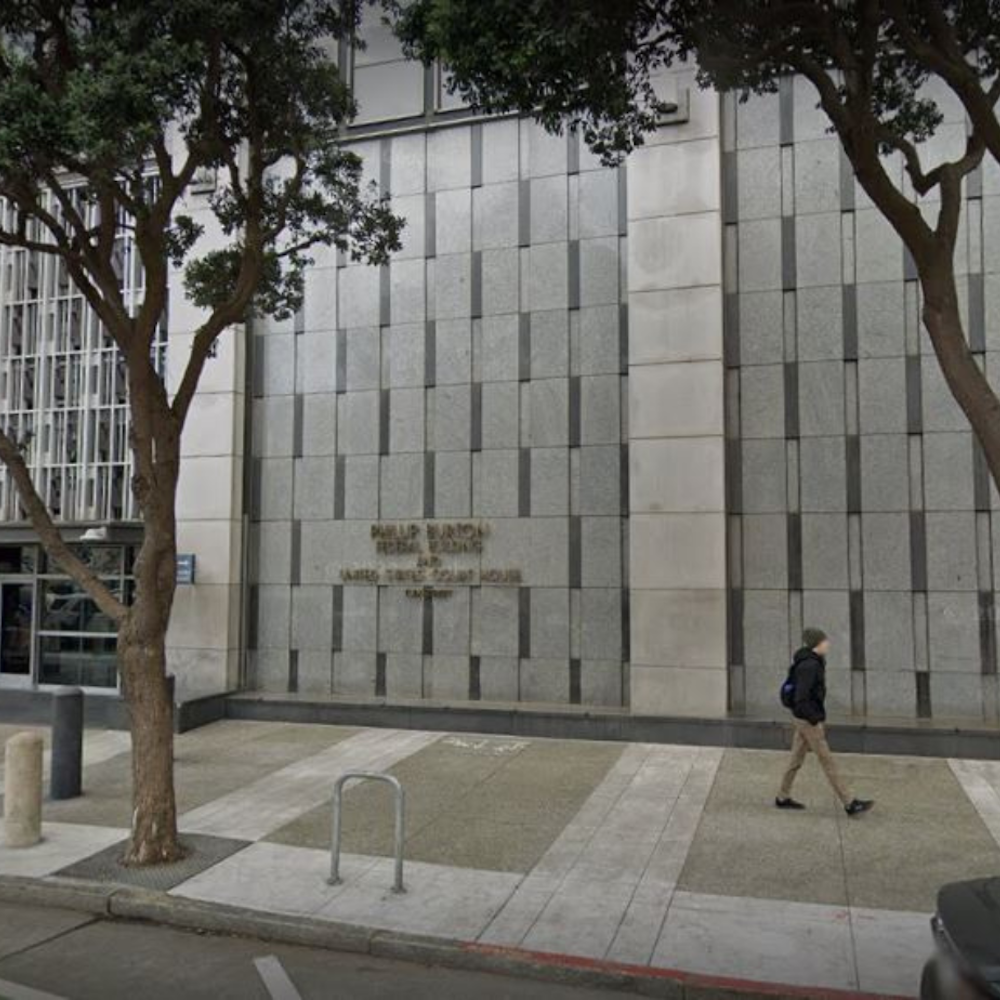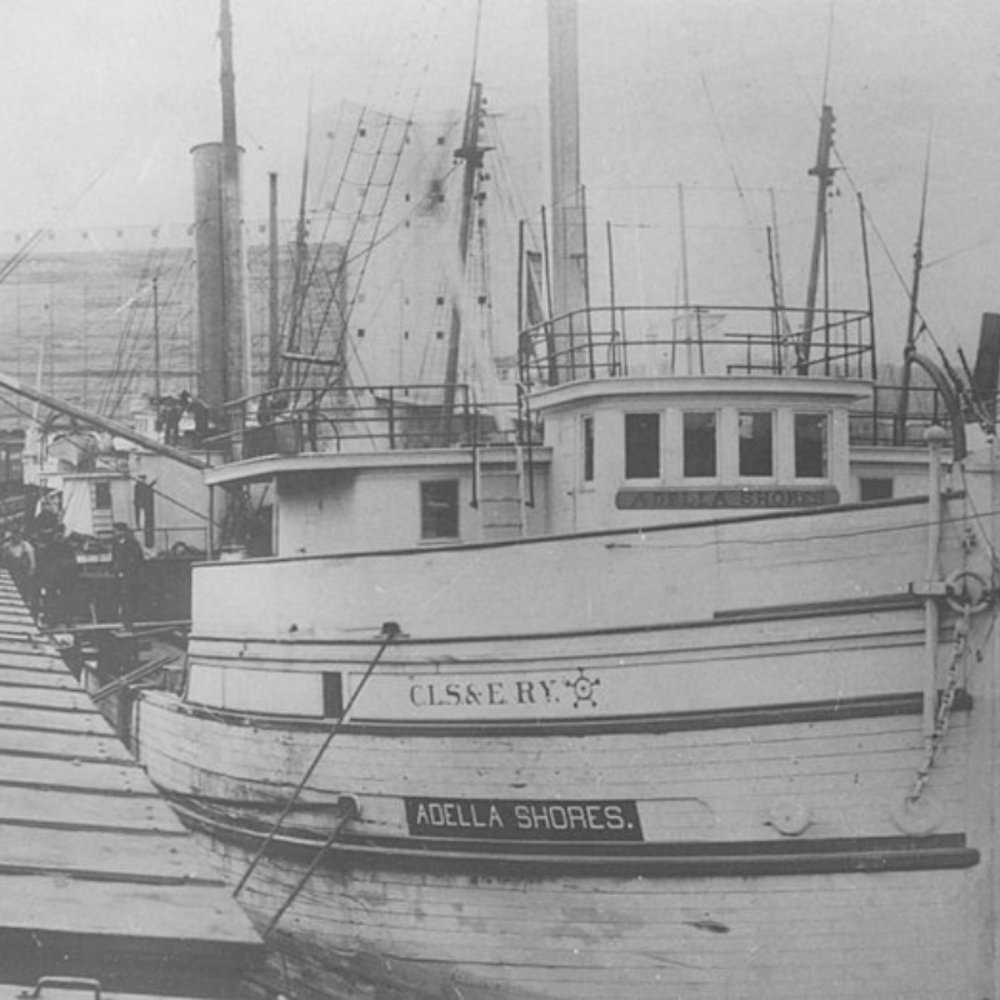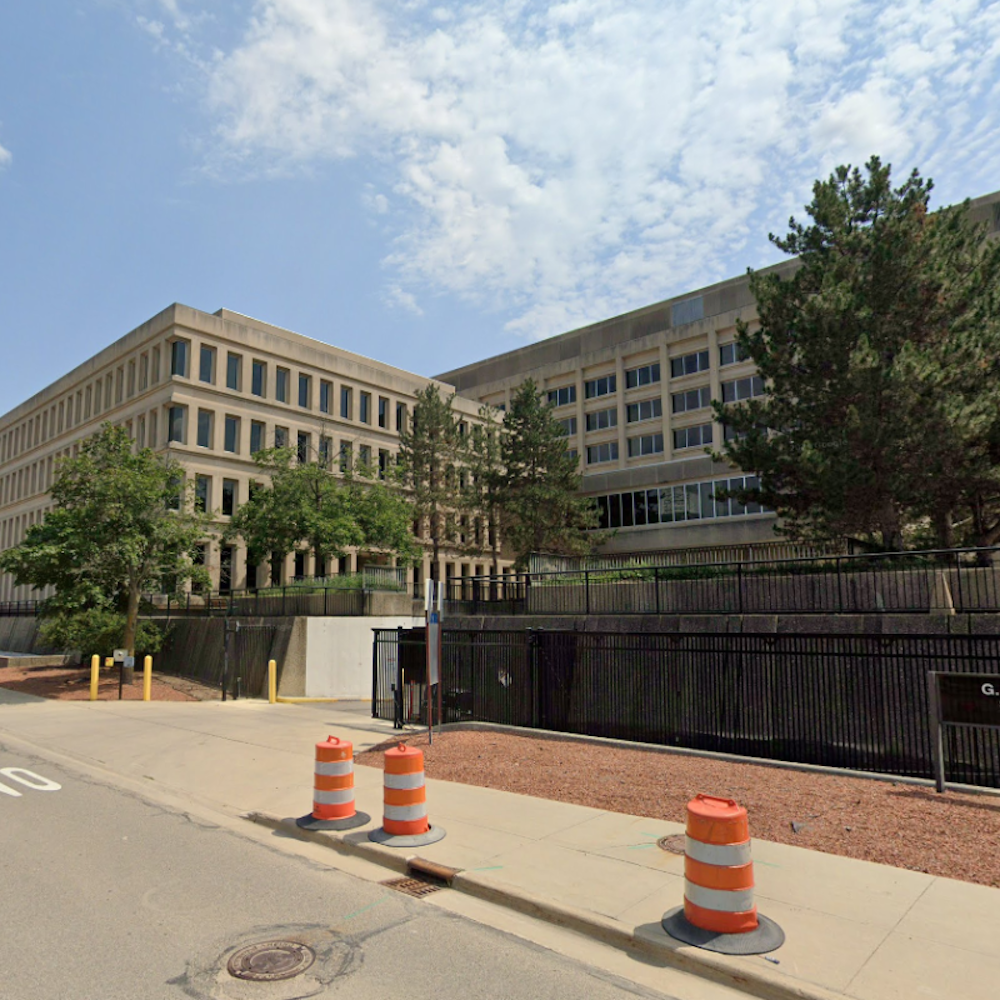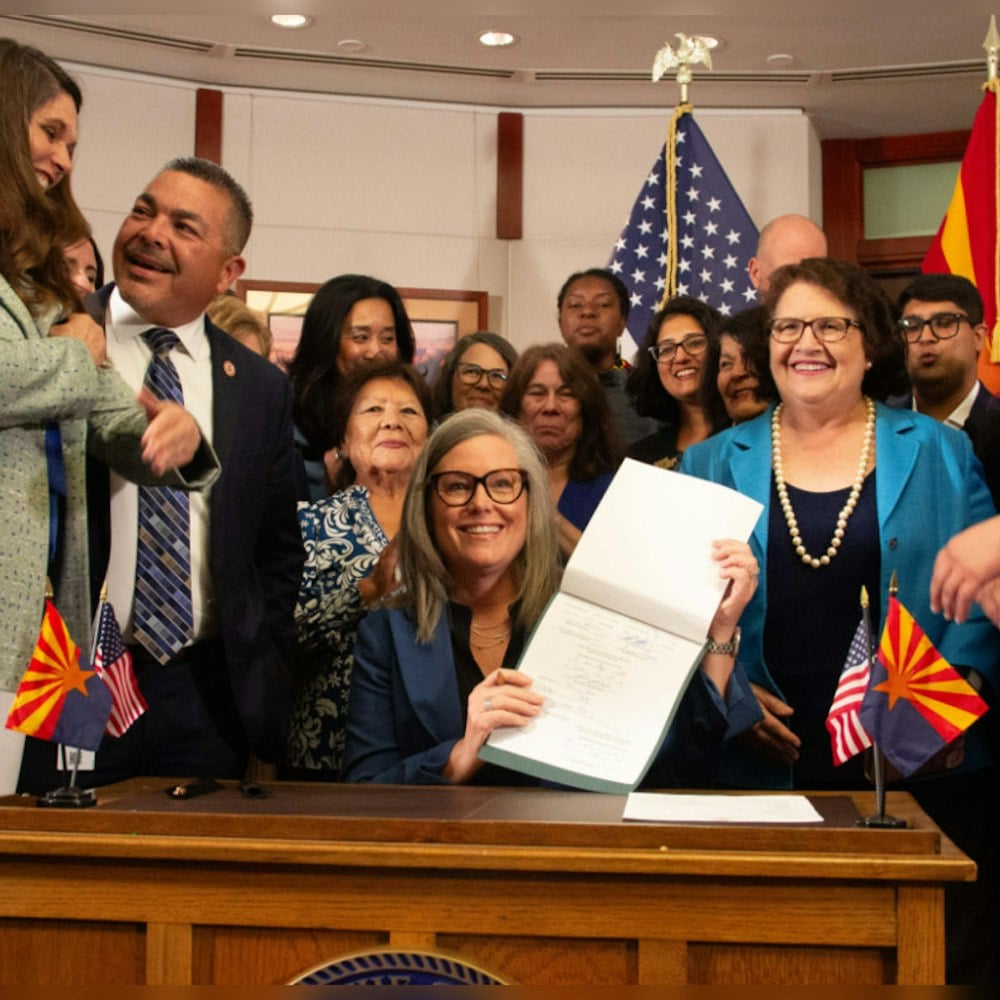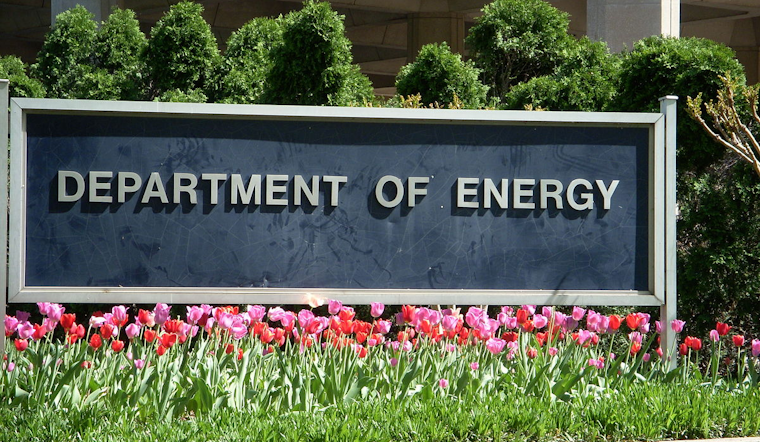
Chasing the vision of a net-zero future and safeguarding national security, the U.S. Department of Energy (DOE) is funneling $75M into a new Critical Minerals Supply Chain Research Facility. In a strategic move to shore up the nation's supply chains against the whims of foreign powers and material scarcity, this infusion of cash, sourced from the ambitious Bipartisan Infrastructure Law, aims to boost the domestic production of vital minerals crucial for clean energy, heavyweight manufacturing, and defense technologies.
Assistant Secretary of Fossil Energy and Carbon Management Brad Crabtree outlined the importance, asserting "Critical materials are the building blocks of technologies needed for the transition to a net-zero clean energy future and for our national security." The DOE project is a response to President Biden's Executive Order 14017, which underscores the imperative for the U.S. to possess secure, diverse supply chains – a foundation stone for the nation's prosperity and defense readiness. Despite past initiatives, an alarming June 2021 supply chain assessment revealed the country's excessive dependence on external, sometimes unreliable, sources for critical minerals, a predicament echoed in U.S. material strategies, and reports from the United States Geological Survey, as per the Office of Fossil Energy and Carbon Management.
Stepping up to the plate, the National Energy Technology Laboratory will shepherd the METALLIC project, a conglomerate effort involving eight other DOE national laboratories. This powerhouse lineup includes Ames, Argonne, Idaho, Lawrence Berkeley, Lawrence Livermore, National Renewable Energy, Oak Ridge, and Pacific Northwest National Laboratories. The collaboration seeks to unite the labs' collective intellect to propel forward breakthroughs in the production and utilization of essential minerals and materials. According to the Office of Fossil Energy and Carbon Management, the project will act as a catalyst for research, development, demonstration, and eventually, the commercialization of technologies.
Moreover, commitment to community and workforce development is a vital component of this initiative. Each project team was mandated, to craft a Community Benefits Plan – showcasing their pledge for meaningful community engagement and ensuring a slew of benefits to local communities, especially those at a disadvantage, aligning with the Justice40 Initiative. This plan details each team's commitment to job creation, diversity, equity, inclusion, and accessibility, in the communities they will operate in.
In the grander scheme of things, the DOE's Office of Fossil Energy and Carbon Management has since January 2021, allocated approximately $58 million across several projects to invigorate critical mineral and material sectors, including mining and fossil fuel harvesting regions. This financial injection encompasses $17 million dedicated to crystallizing the nation's critical minerals infrastructure, with three projects poised to extract rare earth elements and other critical minerals from coal-based resources, taking a pivotal step towards American self-reliance in the global economic chess game.
